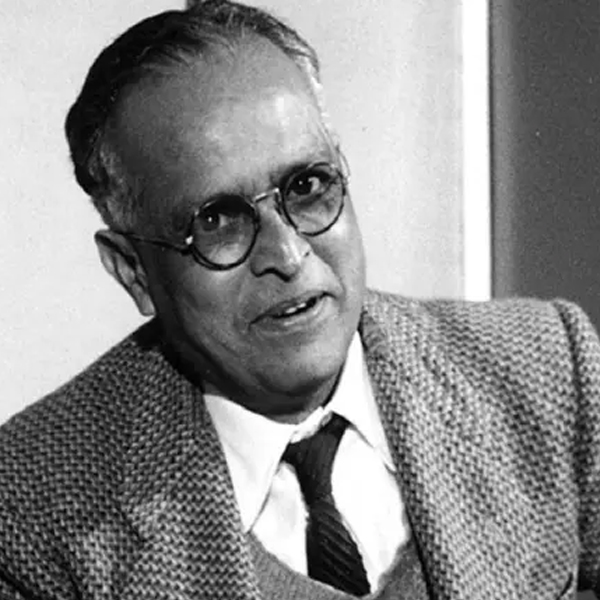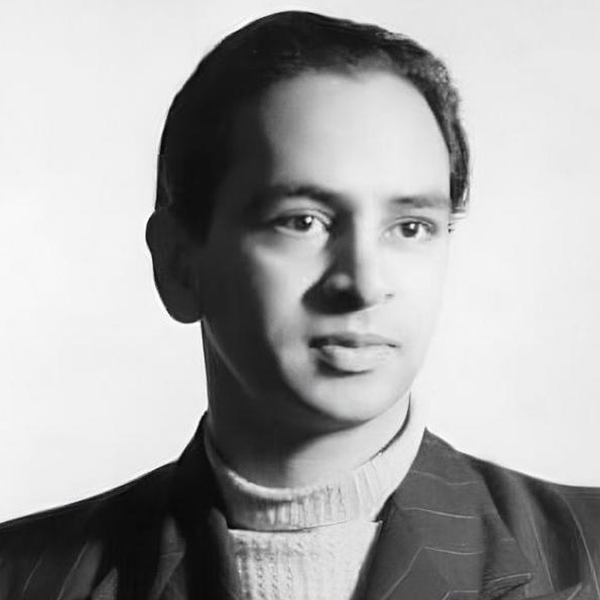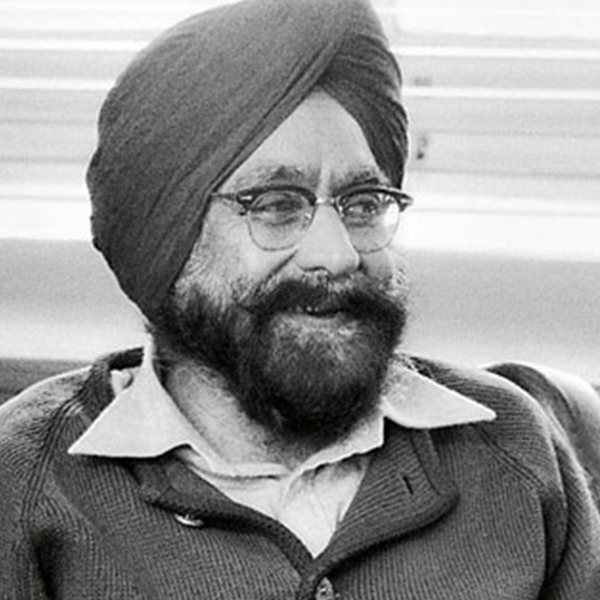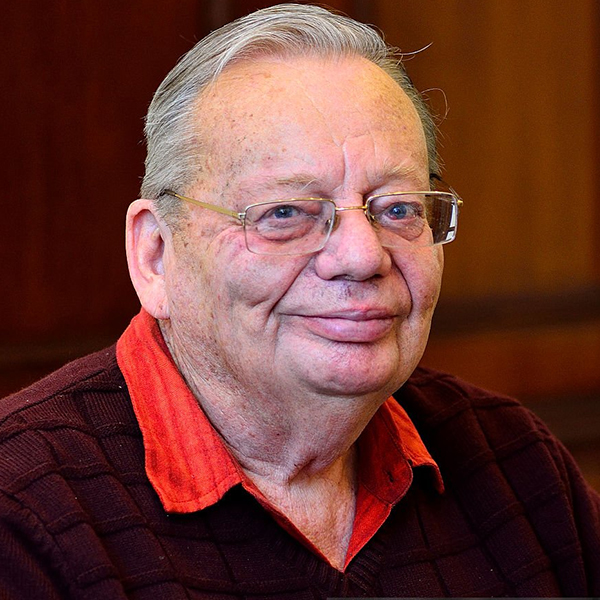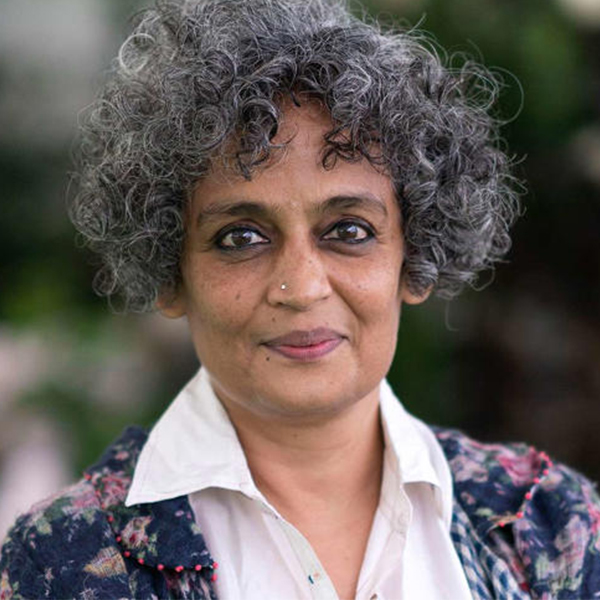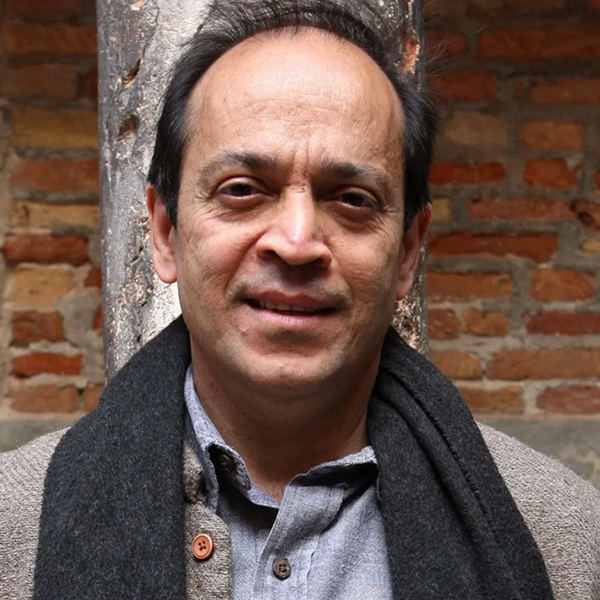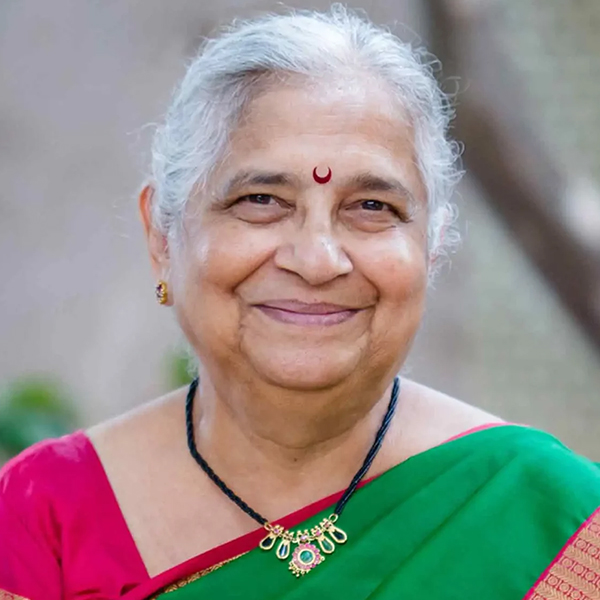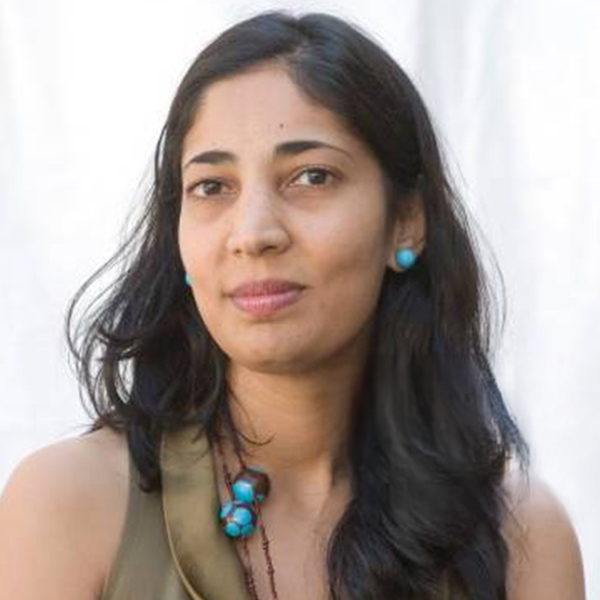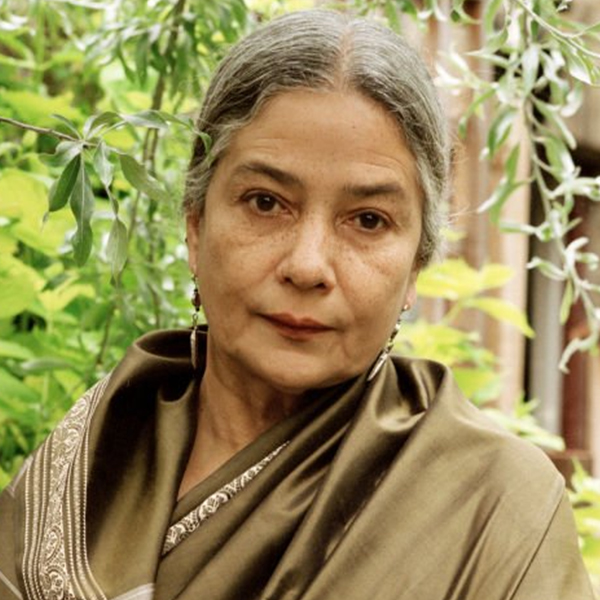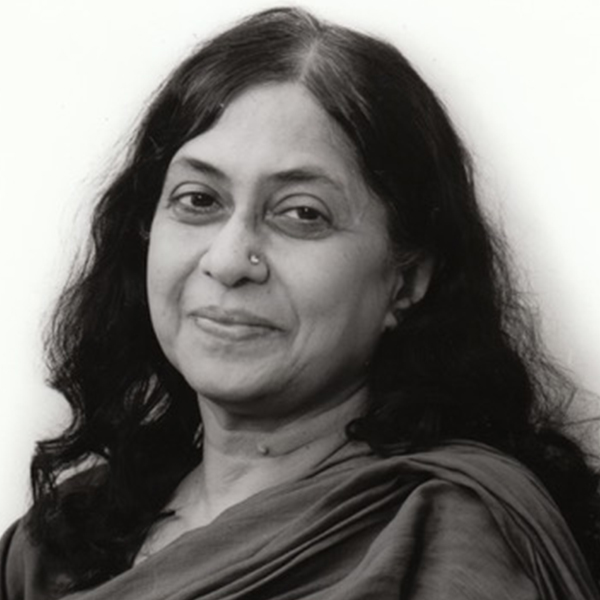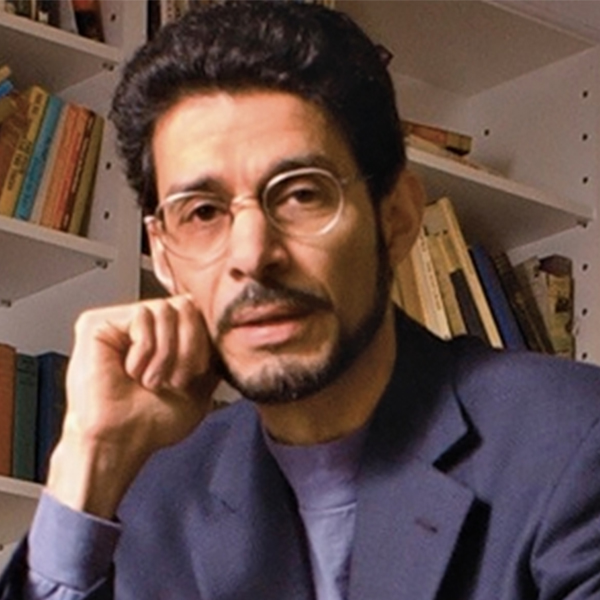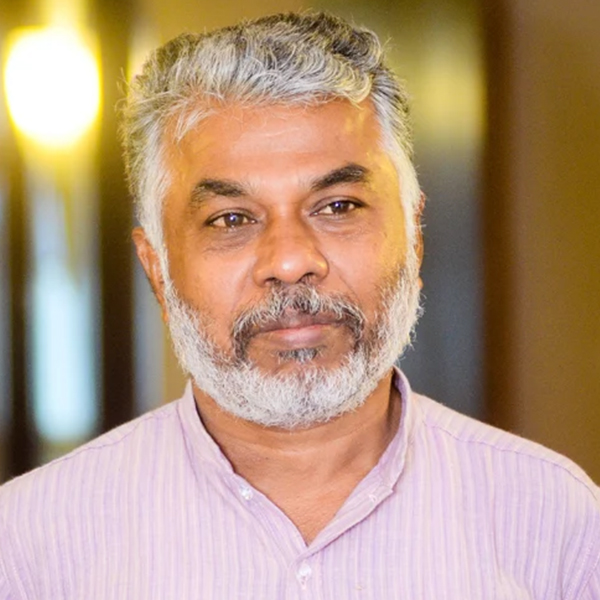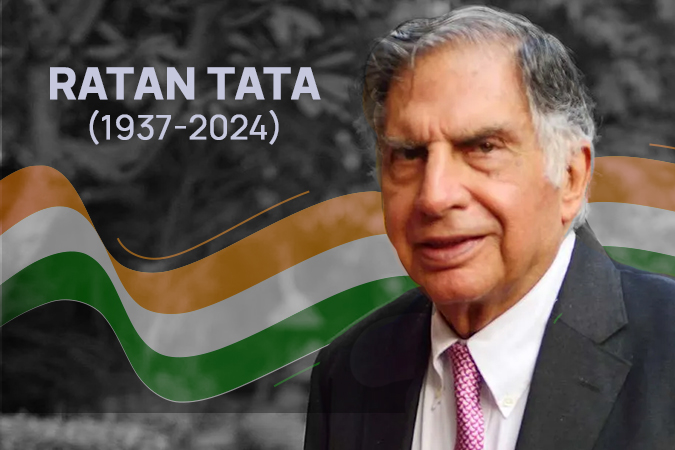
India’s literary tradition is one of the richest in the world, stretching from ancient epics to contemporary bestsellers. With such an expansive list of authors and their works, where do you begin? To help you in this endeavour, we’ve put together a curated list of some of the famous authors of India and their most celebrated works. From Nobel laureates to modern storytellers, these authors have left their mark in the world of books and literature, both in India and across the globe.
Rabindranath Tagore, writing primarily in Bengali and English, was a poet, novelist, playwright, and philosopher of the early 20th century. Famous for weaving themes of spirituality, patriotism, and humanism, he remains India’s most celebrated literary icon. His lyrical prose and poetry influenced generations of writers, while his Nobel Prize for Gitanjali in 1913 placed Indian literature on the global stage.
R.K. Narayan, among the pioneers of Indian English fiction in the mid-20th century, is best known for his simple storytelling and creation of the fictional town of Malgudi. Writing in English, he explored the charm and struggles of everyday Indian life with humour and empathy. Widely respected for making Indian narratives accessible globally, his works earned Sahitya Akademi awards and cemented him as a household name in literature. (Read more: The Storyteller Of Malgudi: The Life And Legacy Of RK Narayan)
- Malgudi Days
- The Guide
- Swami and Friends
Mulk Raj Anand, part of the early wave of Indian English novelists in the 1930s, wrote vividly about social justice, poverty, and the struggles of the underprivileged. Influenced by Gandhi, his novels explored caste oppression and colonial exploitation. Known as a “social realist,” Anand played a crucial role in shaping modern Indian fiction. His pioneering works earned him recognition in both Indian and international literary circles.
- Untouchable
- Coolie
- The Village
Khushwant Singh, a 20th-century journalist, historian, and novelist, wrote in English with wit and sharp satire. He is best remembered for exploring Partition’s horrors in Train to Pakistan, which remains a landmark of Indian historical fiction. Singh’s works often combined humour with blunt social commentary. A recipient of the Padma Vibhushan, his influence extended beyond books into journalism and public life, making him a literary and cultural icon.
Ruskin Bond, writing in English since the 1950s, is celebrated for his gentle storytelling rooted in the Indian Himalayas. His works explore childhood, nature, and human connections, often with nostalgic charm. Known as the “man of the hills,” his influence spans generations of Indian readers, particularly children. Awarded the Padma Shri and Padma Bhushan, Bond has become one of India’s most beloved contemporary authors. (Read more: Ruskin Bond Biography: Life, Career & Best Books)
Arundhati Roy burst onto the literary scene in the late 1990s with The God of Small Things, a Booker Prize-winning debut. Writing in English, she focuses on themes of identity, politics, and social inequality. Her fiction and essays are known for lyrical intensity and fearless critique of power structures. Roy remains one of the most influential contemporary voices from India, blending activism with literature.
Vikram Seth, a late 20th-century Indian English novelist and poet, is renowned for his versatility across genres. He blends epic narrative with lyrical grace, most famously in A Suitable Boy, one of the longest novels in English. His works explore family, identity, and music, gaining international acclaim. With honours like the Sahitya Akademi Award, Seth’s influence lies in bridging Indian storytelling with a global literary sensibility.
- A Suitable Boy
- An Equal Music
- The Golden Gate
Salman Rushdie, a contemporary writer of Indian origin, is famous for pioneering magical realism in Indian English literature. His 1981 Booker Prize-winning Midnight’s Children remains a modern classic, blending history and fantasy to retell India’s journey to independence. Rushdie’s bold themes of identity, religion, and freedom of speech sparked global debates. His influence on postcolonial literature is immense, placing Indian narratives at the centre of world literature. (Read more: ‘Knife’: Salman Rushdie’s Intimate Account Of Survival And Strength)
- Midnight’s Children
- The Satanic Verses
- Haroun And The Sea Of Stories
Jhumpa Lahiri, though raised in the United States, is celebrated as one of the famous authors of India for her explorations of immigrant life and identity. Writing in English (and later Italian), her works from the late 20th century onwards highlight cultural displacement and belonging. Winner of the Pulitzer Prize for Interpreter of Maladies, Lahiri’s nuanced storytelling bridges Indian and Western literary traditions.
Chetan Bhagat, a 21st-century author writing in English, revolutionised popular fiction in India by appealing to young readers with fast-paced, relatable stories. His novels often centre on youth aspirations, relationships, and social mobility. Many of his works have been adapted into Bollywood films, amplifying his cultural impact. Bhagat’s accessible style has made him one of the bestselling and most influential contemporary Indian authors. (Read more: 7 Most Popular Chetan Bhagat Books For The Uninitiated)
Amish Tripathi, a modern author writing in English, is best known for retelling Indian mythology with contemporary flair. His Shiva Trilogy and Ram Chandra Series reimagined epics for younger audiences, sparking a renaissance in mythological fiction. Writing since the 2010s, his influence lies in popularising Indian epics globally. Tripathi’s books, blending faith and storytelling, consistently top bestseller lists in India. (Read more: The Immortals of Meluha: All You Need To Know About Amish’s The Shiva Trilogy)
Sudha Murty, writing in English and Kannada since the late 20th century, is celebrated for her simple yet powerful storytelling. Her works highlight everyday kindness, social values, and the beauty of ordinary lives. Known for children’s books and non-fiction, Murty’s influence spans generations. She has received awards like the Padma Shri and continues to inspire readers with her relatable, heartfelt narratives. (Read more: 13 Best Sudha Murty Books: Recommendations Beyond Children’s Stories)
Kiran Desai, writing in English since the 1990s, won the Booker Prize for The Inheritance of Loss. Her works explore migration, identity, and cross-cultural tensions with lyrical depth. As the daughter of Anita Desai, she carried forward a legacy while creating her own powerful voice in modern literature. Her recognition on global platforms underlines the continued relevance of Indian authors in world fiction.
Anita Desai, writing in English since the mid-20th century, is revered for her psychological novels and portrayal of women’s inner lives. Nominated thrice for the Booker Prize, her works explore themes of family, identity, and social change. Through novels like Clear Light of Day, she helped establish Indian English literature globally. Awarded the Sahitya Akademi Award, Desai remains a cornerstone of modern Indian fiction.
Shashi Tharoor, a contemporary diplomat, politician, and author, writes in English with wit and historical flair. His novels and essays often reinterpret India’s past while critiquing colonial legacies. The Great Indian Novel is a satirical retelling of the Mahabharata in a political context. Recognised with Sahitya Akademi awards and global honours, Tharoor’s influence lies in merging history, politics, and literature for modern readers. (Read more: The Definitive Dozen: 12 Must-Read Shashi Tharoor Books)
Kamala Das, a 20th-century poet and memoirist, wrote in both English and Malayalam. Known for her candid exploration of female identity, love, and desire, she broke taboos in Indian literature. Her autobiography My Story shocked conservative society but cemented her as a feminist icon. Shortlisted for the Nobel Prize in Literature, her influence extends into both poetry and prose, making her one of India’s boldest voices.
Rohinton Mistry, a late 20th-century Indian-born Canadian writer, explores the Parsi community and Indian social life with profound sensitivity. Writing in English, his novels balance personal stories with political backdrops. His Booker-shortlisted works, especially A Fine Balance, gained international acclaim for their depth. Mistry’s influence lies in preserving Parsi voices while presenting India’s social complexities to global audiences.
- A Fine Balance
- Such a Long Journey
- Family Matters
Devdutt Pattanaik, a contemporary author and mythologist, has made India’s ancient epics and folklore accessible to modern readers. Writing in English with illustrations and storytelling, he blends mythology with management, culture, and philosophy. His works like Jaya and Sita are widely acclaimed for retelling epics in fresh ways. Pattanaik’s influence lies in keeping mythology alive for contemporary audiences. (Read more: Who Is Devdutt Pattanaik – The Interpreter Of Indian Culture?)
Perumal Murugan, a contemporary Tamil writer, explores caste, gender, and rural life with raw honesty. Writing in Tamil (translated widely into English), his works highlight social realities that sparked both acclaim and controversy. Known for his fearless narratives, Murugan has won the Sahitya Akademi Award. His influence lies in giving voice to marginalised communities and reshaping modern Indian literature.
Aravind Adiga, writing in English since the early 2000s, won the Booker Prize for The White Tiger, a sharp critique of modern India’s class struggles. His novels focus on ambition, corruption, and urban life. Adiga’s works highlight India’s contradictions during globalisation, blending dark humour with realism. His influence lies in giving contemporary Indian literature an edgy, satirical voice that resonates globally.
Why Indian Authors Continue to Inspire Readers
Indian literature is more than storytelling; it is a reflection of the country’s history, diversity, and resilience. From the spiritual poetry of Tagore to the satirical wit of Tharoor, from the heart-warming simplicity of Sudha Murty to the daring narratives of Salman Rushdie, famous authors of India continue to shape global literature. Their works are studied in universities, adapted into films, and loved by millions worldwide.
The world of Indian literature is vast, varied, and endlessly rewarding. By exploring the works of these top 20 famous authors of India, you’ll discover stories that make you think, laugh, cry, and most importantly, understand life from new perspectives. Whether you’re a first-time reader of Indian writing or a seasoned fan, there’s always another gem waiting to be read.


